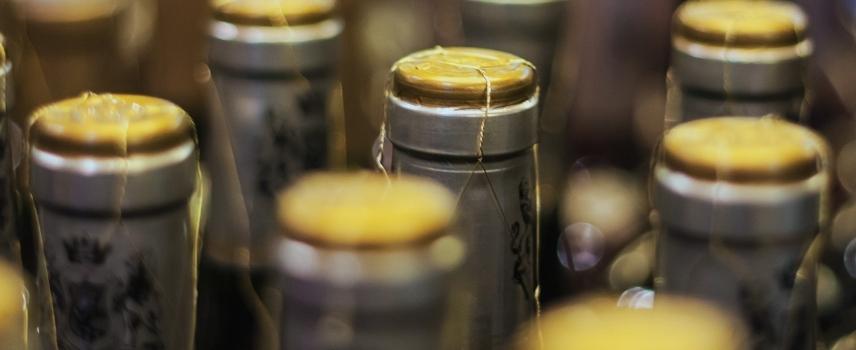WineCap CEO Alexander Westgarth spoke to Forbes Advisor’s Andrew Michael about wine investment’s benefits and long-term performance. Below is a summary of the ‘How to Invest in Wine’ article which you can read in full here.
2021 was a good year for wine investment, as reported by Knight Frank’s Wealth Report released earlier this year. In fact, fine wine shared the top spot in the ‘alternative investments’ category with collectible watches. Both delivered a 16% return over the course of a year.
More and more money is being invested in the wine market. Alexander Westgarth highlighted fine wine’s solid and consistent returns over the past 15 years, with compound annual growth of 8% and some regions, such as Burgundy, delivering 12.5%.
In the current economic climate, traditional asset classes, including stocks and shares, aren’t performing as well as they historically have. The US stock market has entered a ‘bear market’ and is down 20% since January this year.
More and more investors are considering tangible assets as they are less likely to be affected by market fluctuations.
Mr Westgarth commented that ‘wine is a low-stress investment that doesn’t require constant attention, or frequent trading in and out of.’
Other advantages of investing in wine and advice include:
– There is no capital gains tax to pay on profits. HMRC classifies wine as a ‘wasting asset’ as it determines the wines to have a lifespan of fewer than 50 years.
– Think about working with a reliable investment specialist that can build a portfolio for you, manage storage and insurance, keep you updated with valuations and advice and eventually manage the sale of your investment.
– Consider an initial investment of between £5,000 and £25,000. Even at the lower end, you can start building a portfolio with exposure to different wine regions.
Want to find out more about how to get started investing in wine? Download our free guide here.
